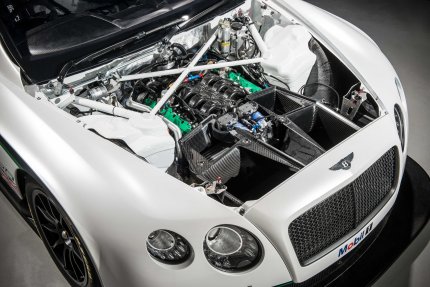Yesterday’s post looked at how security needs to be a fundamental part of connected systems like cars and home automation, an article in The Guardian shows how auto manufacturers are struggling with the challenge of making their products secure.
In the UK, Volkswagen has obtained an injunction restraining a University of Birmingham researcher from divulging security weaknesses in Porsche, Bentley, Lamborghini and Audi cars.
A mark of desperation is when a company has to go to court to suppress the details of a software security breach, it almost guarantees the bad guys will have the virtual keys while the general public remain ignorant.
Over time it backfires on the company as customers realise their products aren’t secure or safe.
The real problem for Volkswagen is a poor implementation of their security systems. It was inevitable that a master code would leak out of repair shops and dealerships.
While the law is useful tool, it isn’t the best way to fix software security problems.

Leave a Reply